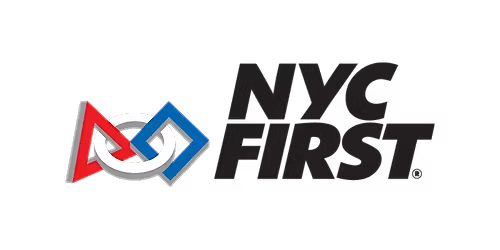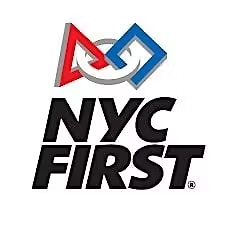
About this Event
Andrew González Toyos was born January 1, 1951 in the South Bronx to a Puerto Rican family—part of the diasporic community known as the Nuyoricans. His father, Jerry Sr., was a singer who immersed his children in salsa and other types of Afro-Caribbean music. Andy and his older brother Jerry—18 months his senior—were his most rapt audience, and expanded their knowledge at the feet of neighborhood record collector and Cuban music expert Rene Lopez, who held weekly listening sessions at his home.
As a child, González began his own musical career playing violin in the elementary school orchestra. He was asked to switch to the bass when a chair opened up in fifth grade, and took lessons with New York bass great Steve Swallow. He then attended New York City’s (now Fiorella LaGuardia) High School of Music & Art, graduating in 1969.
By the time he graduated, González was already deeply entrenched in the Latin, dance, and jazz scenes in the city, a member of Ray Barretto’s band and a busy freelancer, which cut short a matriculation at Bronx Community College. By 1970 he was also a member of Eddie Palmieri’s band, where he met Manny Oquendo. In the next few years he would figure in important recordings by Palmieri, including Superimposition (1970) and Harlem River Drive (1971), while also making dates with Houston Person, Clifford Thornton, and Barretto.
In 1974, González and Oquendo left Palmieri to found Conjunto Libre, which immediately made waves for its balance of New York-drenched salsa with the vast variety of other, often experimental musical styles that were infiltrating the city in the mid-1970s. (Though Oquendo became the bandleader, González was its music director, shaping the band’s adventurous approach.) González’s brother Jerry soon joined the band as well, and the Gonzálezes spun off a project of their own, Grupo Folklórico y Experimental Nuevayorquino, a key group in the ’70s renaissance of salsa music and an important ground for salsa’s breeding with jazz.
It was the band that the González brothers founded together in 1979, however, that revolutionized Latin jazz. The Fort Apache Band was an innovative hybrid of Afro-Latin and straight-ahead bebop, known for its ability to weave seamlessly back and forth between the two (and for making them difficult to distinguish). Fort Apache stayed in business for the next 30-plus years; while it remained Jerry’s primary outlet, Andy González continued as the bassist and music director for Oquendo’s band (whose name was shortened to Libre) until 2004.
That year, González’s career nearly ended when his left foot turned gangrenous. Upon admission to the hospital, he discovered that he had been an undiagnosed diabetic for years. The toes of his left foot were amputated, and the recovery kept him from playing for six months. By 2005, however, he had returned to performing full-blast. He worked regularly with Libre (until Oquendo’s death in 2009), the Fort Apache Band, and the Arturo O’Farrill Afro-Cuban Jazz Big Band, as well as his hectic schedule of freelance live and recording sessions. (Ultimately, González racked up more than 700 album credits.)
Event Venue & Nearby Stays
Saint Peter's Church, 619 Lexington Avenue, New York, United States
USD 0.00












